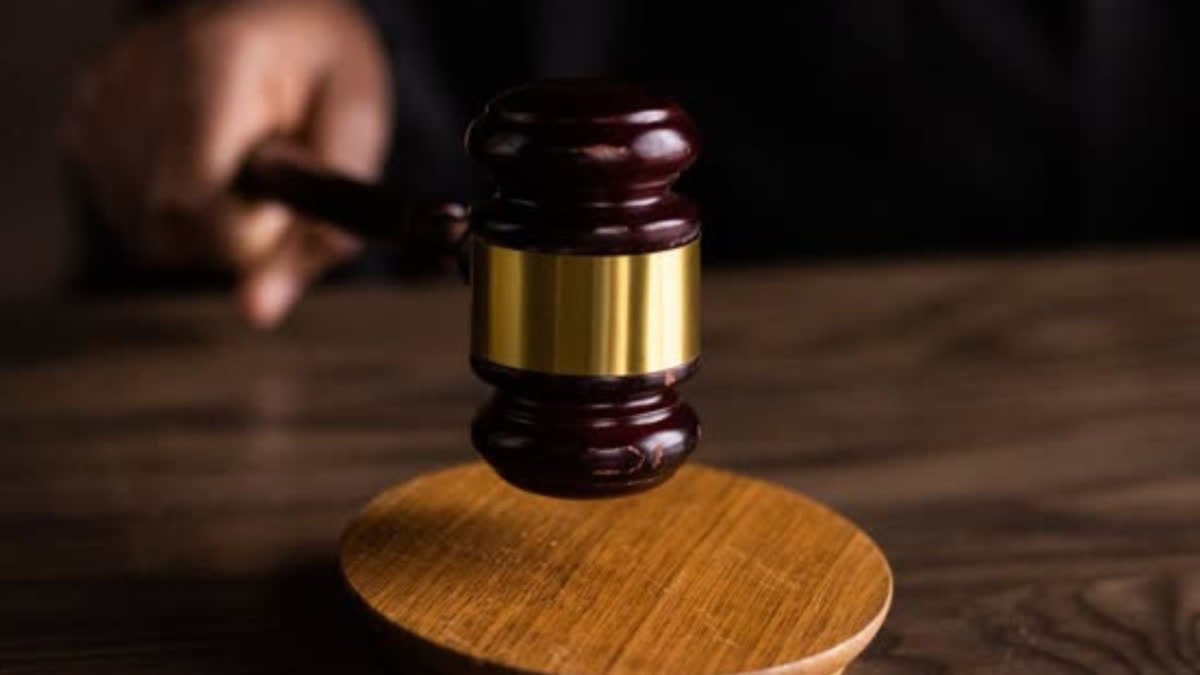New Delhi : The Supreme Court has said that it will be unjust and contrary to the well-settled concept of fairness and justice if it is made mandatory for an accused in cheque dishonour case to pay interim compensation to the complainant even before having been held guilty.
A bench comprising justices Abhay S Oka and Ujjal Bhuyan said: “If the word ‘may’ is interpreted as ‘shall’, it will have drastic consequences as in every complaint under Section 138, the accused will have to pay interim compensation up to 20 per cent of the cheque amount. Such an interpretation will be unjust and contrary to the well-settled concept of fairness and justice”.
The bench said that, in the present case, the trial court has mechanically passed an order of deposit of Rs.10,00,000/- without considering the issue of prima facie case and other relevant factors. It is true that the sum of Rs.10,00,000/- represents less than 5 percent of the cheque amount, but the direction has been issued to pay the amount without application of mind, it added, in a judgment delivered on March 15.
“Even the High Court has not applied its mind. We, therefore, propose to direct the Trial Court to consider the application for grant of interim compensation afresh”, said the bench.
The apex court stressed that it has no doubt that the word “may” used in Section 143A of the Negotiable Instruments Act, cannot be construed or interpreted as “shall”. Therefore, the power under sub-section (1) of Section 143A is discretionary, it added.
The bench said that under Section 143A, the power to grant interim compensation can be exercised even before the accused is held guilty. “Sub-section (1) of Section 143A provides for passing a drastic order for payment of interim compensation against the accused in a complaint under Section 138, even before any adjudication is made on the guilt of the accused. The power can be exercised at the threshold even before the evidence is recorded”, it said.
The bench said the provision can be held to be violative of Article 14 of the Constitution and in a sense, subsection (1) of Section 143A provides for penalising an accused even before his guilt is established.
The bench stressed that the exercise of power under sub-section (1) of Section 143A is discretionary and the provision is directory and not mandatory, and the word “may” used in the provision cannot be construed as “shall.”
The bench said that the court will have to prima facie evaluate the merits of the case, and consider financial distress of the accused, before making a direction to pay interim compensation.
The apex court set aside a Jharkhand High Court's order directing an appellant-accused Rakesh Ranjan Shrivastava to pay Rs 10 lakh as interim compensation to accused in a case of dishonour of cheque.
Read More


